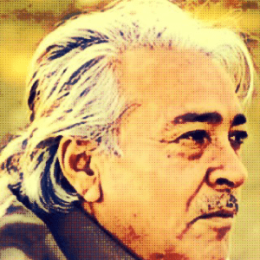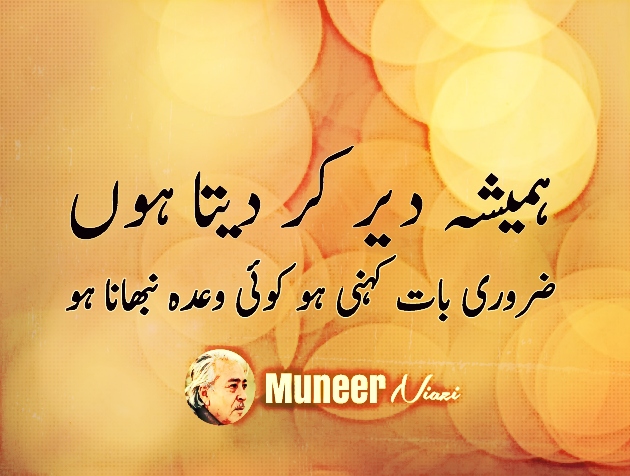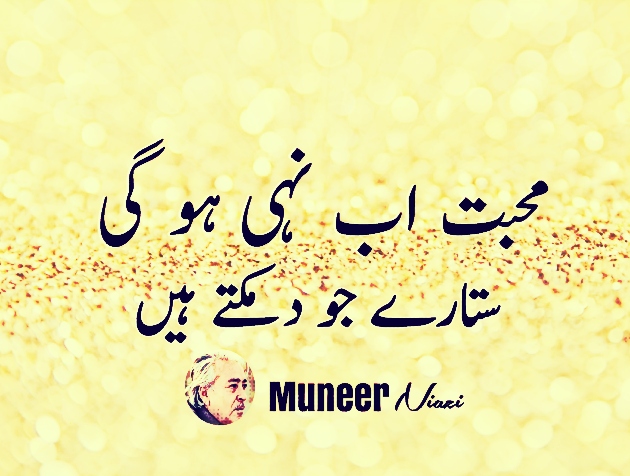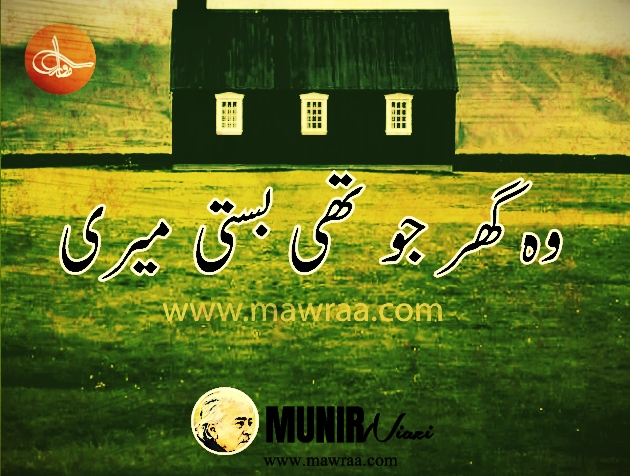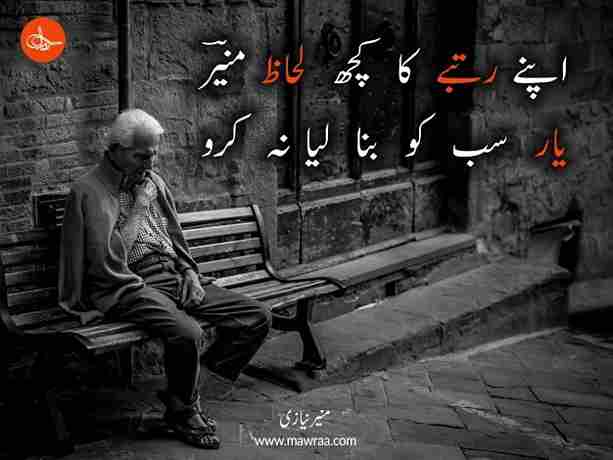Introduction
Famous Urdu poet, lyricist, and playwright Muneer Niazi was from Pakistan. He was born on April 9th, 1923, in a village in Hoshiarpur district, Punjab, British India. Following India’s partition, he eventually moved to Pakistan. Niazi was renowned for his affecting poetry, which frequently dealt with themes of love, sorrow, politics, and social issues.
Niazi was a prolific poet who also created dramas, ghazals, and poetry during his career. He was recognized as one of the foremost writers of Urdu literature. For his contributions to literature and the arts, he received a number of honors, and his writing is still widely regarded and read today.
Early Life and Education of Muneer Niazi
He received his primary education in Khanpur. He moved and stayed in Sahiwal when India was divided in 1947, where he completed his high school diploma. He graduated from Sadiq Egerton College in Bahawalpur with an intermediate degree and from Dayal Singh College in Lahore, Pakistan, with a bachelor’s degree. In 1949, Munir Niazi established Seven Colours as a weekly from Sahiwal. He became one of the most important movie songwriters in Pakistan in the 1960s as a result of some of his poetry being used in films and turning into super-hit songs with the Pakistani public. For instance, Uss Bewafa Ka Shehar Hai Aur Hum Hain Dosto and many other songs from the 1962 movie Shaheed.
Muneer Niazi Career in Literature
Poetry by Muneer Niazi that explored themes of love, loss, politics, and social issues was a defining feature of his literary career. While still a student, he started to publish his writing in publications and journals, and he quickly became known for his writing.
Niazi was a prolific poet who also created dramas, ghazals, and poetry during his career. He was recognized as one of the foremost writers of Urdu literature. He was also in high demand as a lecturer and performer, and he was noted for his talent for enthralling audiences with his stirring poetry.
In addition to his writing, Niazi was also involved in the world of radio and television, and he appeared on several programs and shows throughout his career. He was also a regular contributor to newspapers and magazines, and he used his writing to raise awareness about important social and political issues.
Famous Works of Muneer Niazi
Among his Urdu publications are Taiz Hawa Aur Tanha Phool, Jungle mein Dhanak, Dushmanoon Kai Darmiyan Sham, and Mah-e-Munir. He has released Rasta Dasan Walay Tarey, Char Chup Cheezan, and Safar di Raat in Punjabi.
Awards and Recognitions
Munir Niazi received several awards and recognition for his contributions to Urdu literature. Some of the notable ones include:
- Pride of Performance award by the President of Pakistan
- Lifetime Achievement Award from the Pakistan Academy of Letters
- Legends award from the Pakistan Film Producers Association
Social and Political Views
He supported the rights of the underprivileged and working class and was a strong supporter of socialism.
Niazi supported democracy and civil liberties while opposing military power. He was a fervent advocate for the rights of minorities and women, and his poetry frequently touched on these topics.
Niazi used poetry to communicate his disapproval of imperialism and colonialism as well as his support for national sovereignty and independence. He also actively opposed war and strife and stood up for peace and non-violence.
Later Life and Death
Munir Niazi was a Pakistani Urdu poet and lyricist who continued to write and perform until his death. He remained active in cultural and literary circles and continued to be a voice for progressive and leftist political views throughout his life.
Niazi passed away on December 26, 2006, in Lahore, Pakistan, at the age of 74. His death was widely mourned by his fans and the literary community, who remembered him as a great poet and a champion of social justice.
Conclusion
Munir Niazi was a well-known Urdu poet and lyricist who significantly influenced Pakistan’s literary and cultural heritage. He was well-known for his liberal political stances and dedication to social justice, and his voice had a significant impact on how Pakistani society and politics were discussed.
In his poems, Niazi expresses his commitment to nonviolence, equality, and peace as well as his resistance to militarism, colonialism, and imperialism. His legacy continues to inspire future generations of artists and activists, and his work is still frequently read and performed.
Overall, Munir Niazi was well-liked in Pakistani literary and cultural circles, and future generations would remember his contributions to Urdu literature and the country’s larger political and cultural context.


